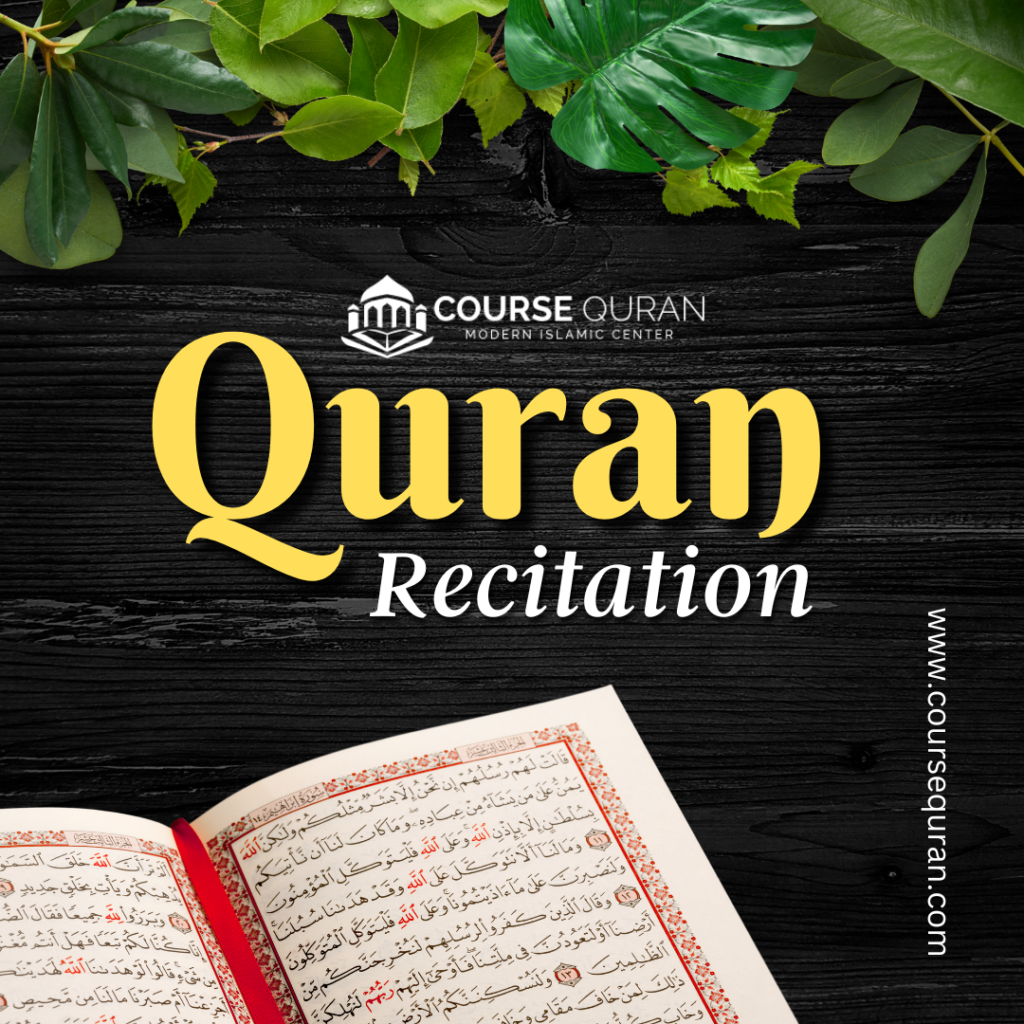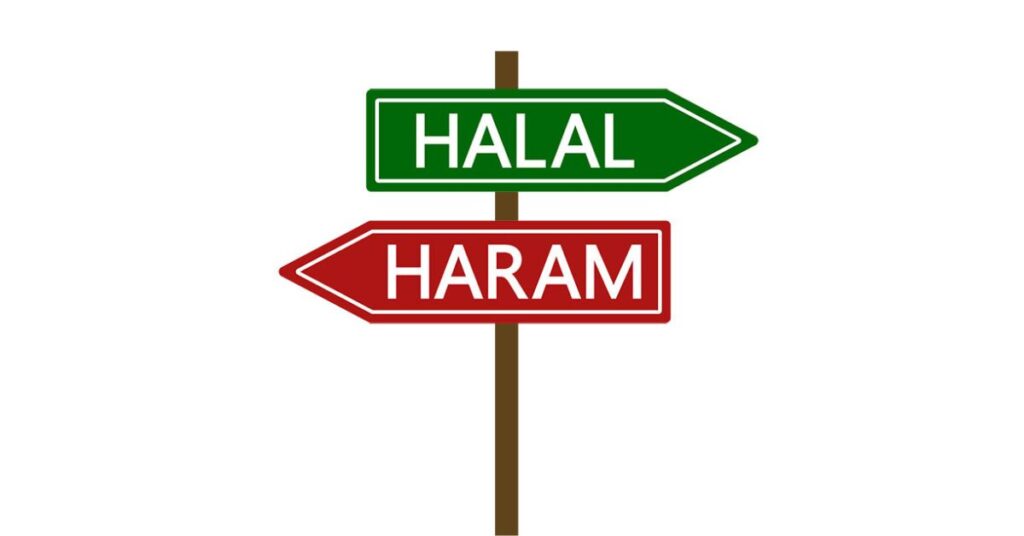How to finish Quran in Ramadan is a question many Muslims ponder as the holy month approaches. In this guide on how to finish Quran in Ramadan, we lay out a step-by-step approach, offering a roadmap to guide you through the sacred verses with purpose and joy. Feel the resonance of the Quranic verses in your heart as you follow the steps outlined in our guide on how to finish Quran in Ramadan, allowing the divine words to inspire and guide you.
“Ramadan is the month in which was sent down the Quran,
(Quran 2:185)
as a guide to mankind,
also clear signs for guidance and judgment
between right and wrong.”
Significance of Finishing Quran in Ramadan
Ramadan is a sacred month in the Islamic calendar, a time for self-reflection, prayer, and increased devotion. For many Muslims, a cherished goal during this month is to complete the reading of the Quran, the holy book that serves as a guide for life. In this article, we will explore a step-by-step approach to help you accomplish the beautiful feat of finishing the Quran during the blessed month of Ramadan. Make it a habit, but also be kind to yourself if life’s demands require you to adapt your schedule.
Step-by-Step Guide to finish Quran in Ramadan
Determine Your Comfortable Reading Pace. For 15 line Quran read 4 pages daily after each prayer for a month. It means you may finish 20 pages daily like this and eventually you will finish the Quran in a month ( 20 X 30 = 600 ).Calculate the Number of Pages or Verses Per Day.
Quran reading tracker for 15-line Quran: –
| Salah | Fri | Sat | Sun | Mon | Tue | Wed | Thu |
| Fajr | 4 pages | 4 pages | 4 pages | 4 pages | 4 pages | 4 pages | 4 pages |
| Duhr | 4 pages | 4 pages | 4 pages | 4 pages | 4 pages | 4 pages | 4 pages |
| Asr | 4 pages | 4 pages | 4 pages | 4 pages | 4 pages | 4 pages | 4 pages |
| Maghrib | 4 pages | 4 pages | 4 pages | 4 pages | 4 pages | 4 pages | 4 pages |
| Isha | 4 pages | 4 pages | 4 pages | 4 pages | 4 pages | 4 pages | 4 pages |
(4 PAGES X 5 PRAYERS = 20 PAGES)
( 20 PAGES X 30 DAYS = 600 PAGES )
Choose Your Preferred Quranic Text. For 16-line Quran read 6 pages after every prayer. Consider Quran Apps and Digital Versions. If you wish to recite the Quran twice during Ramadan, the amount doubles to 40 pages per day, or 8 pages after each prayer.
FREE Tips for Consistent Quran Recitation
- Let each page turn guide you closer to a life of fulfillment and clarity.
- In the gentle whispers of the Quran, find the strength to complete what you begin.
- Let each word be a step toward the completion of your spiritual journey this Ramadan.
Creating a Quran-Reading Schedule
Boldly step into this transformative journey. Experience the joy of completion, the fulfillment of a spiritual promise, and the radiant satisfaction of reaching your goal during Ramadan. Let this guide be your companion.
In the moonlit nights of Ramadan’s embrace,
Let the Quran’s verses your heart grace.
A journey profound, a goal so clear,
Complete the Quran, draw near.
Allocate Specific Times for Quran Reading
Creating a realistic reading schedule is a key aspect of our guide on how to finish Quran in Ramadan, ensuring that the journey is both manageable and fulfilling. As you navigate the steps outlined in our guide on how to finish Quran in Ramadan, remember that setting a sincere intention is the first and crucial step towards a spiritually enriching experience.

Advanced Cheat Sheet
Alarmingly during Ramadan, daily routine changes due to fasting. Here’s a life-changing schedule for daily Quran reading during Ramadan.
Sehri (Pre-dawn Meal):
- Before Fajr: Wake up for Sehri/ Suhoor and before the Fajr prayer, read a portion of the Quran. Aim for about 20 minutes, as this is a blessed time, and your mind is fresh.
Morning:
- After Fajr: Extend your Quran reading session for another 20-30 minutes post-Fajr, as the peace of the morning aids in reflection.
Midday:
- Before Duhr: Take 15 minutes before the Duhr prayer to engage with the Quran. This can be a good time to review what you read in the morning.
- Duhr: After the prayer, you can read for another 10-15 minutes if your schedule allows.
Afternoon:
- Before Asr: Find a quiet time before the Asr prayer for a brief 10-15 minute reading session, focusing on contemplation.
Evening:
- After Asr: Use this time for revision or to memorize short Surahs or Ayahs.
- Before Maghrib: As you wait for the time to break your fast, spend around 15 minutes with the Quran. This can be a period of deep reflection and connection.
Iftar (Breaking Fast):
- After Maghrib: Post-Iftar, you might want to rest a bit. After Maghrib prayers, engage in a light reading session if you feel up to it.
As the pages turn, and the verses unfold,
Let the Quran’s wisdom, your spirit hold.
Ramadan’s gift, a journey to complete,
In the embrace of the Quran, find solace sweet.
Night:
- Between Maghrib and Isha: Use this time for a longer reading session. Many people aim to complete one Juz (section) each night to complete the entire Quran during Ramadan.
- After Isha and Tarawih: Depending on your energy levels, you can choose to read more or reflect on what was recited during Tarawih prayers.
Late Night (Tahaj Jud):
- Pre-dawn: If you wake up for Tahaj Jud (the late-night prayer), this can also be an excellent time for additional Quran reading.
Weekends and Additional Time:
- Utilize extra time during the weekends to catch up on your reading or to delve deeper into Tafsir (exegesis) of the verses you find most compelling.
Note on Flexibility:
- The amount you read can vary; some might read a few pages, while others may read several Juz. The key is understanding.
- Adjust your reading times based on your energy levels.
In the rhythm of your recitation, feel the heartbeat of the Quran. Let it guide you, inspire you, and lead you to the joy of completion in the blessed month of Ramadan.
How to finish Quran in Ramadan in 30 days
The Quran is divided into 30 sections, known as “Juz” in Arabic. Here’s a list of the 30 Juz (or chapters) of the Quran in English. Please note that the division of the Quran into Juz is for convenience in reading and recitation, and the content within each Juz may vary in terms of themes and subjects. Certainly! Here’s the list of the 30 Juz of the Quran in a table format for easier understanding:
| DAY | CHAPTER / JUZ NAME IN ARABIC | SURAHS NAME IN ARABIC | SURAHS NAME IN ENGLISH | AYA # |
| 1 | Alif Lam Meem | Al-Fatiha to Al-Baqarah | (The Opening) to (The Cow) | 1-141 |
| 2 | Sayaqool | Al-Baqarah to Al-Baqarah | (The Cow) | 142-252 |
| 3 | Tilkal Rusul | Al-Baqarah to Aal Imran | (The Cow) to (The Family of Imran) | 253-92 |
| 4 | Lan Tana Loo | Aal Imran to An-Nisa’ | (The Family of Imran) to (The Women) | 93-23 |
| 5 | Wal Mohsanat | An-Nisa to An-Nisa | (The Women) to (The Women) | 24-147 |
| 6 | La Yuhibbullah | An-Nisa to Al-Maidah | (The Women) to (The Table Spread) | 148-81 |
| 7 | Wa Iza Samiu | Al-Maidah to Al-Anam | (The Table Spread) to (The Heights) | 82-110 |
| 8 | Wa Lau Annana | Al-Anam to Al-Araf | (The Heights) to (Cattle) | 111-87 |
| 9 | Qalal Malao | Al-Araf to Al-Anfal | (Cattle) to (The Spoils of War) | 88-40 |
| 10 | Wa A’lamu | Al-Anfal to At-Tawbah | (The Spoils of War) to (The Repentance) | 41-92 |
| 11 | Yatazeroon | At-Tawbah to Hud | (The Repentance) to (Jonah) | 93-5 |
| 12 | Wa Mamin Da’abat | Hud to Yusuf | (Jonah) to (Joseph) | 6-52 |
| 13 | Wa Ma Ubrioo | Yusuf to Ibrahim | (Joseph) to (Abraham) | 53-52 |
| 14 | Rubama | Al-Hijar to An-Nahl | (The Rocky Tract) to (The Bee) | 1-128 |
| 15 | Subhanallazi | Al-Isra to Al-Kahaf | (The Night Journey) to (The Cave) | 1-74 |
| 16 | Qal Alam | Al-Kahaf to Ta-Ha | (The Cave) to (Ta-Ha) | 75-135 |
| 17 | Aqtarabo | Al-Ambiya to Al-Hajj | (The Prophets) to (The Pilgrimage) | 1-78 |
| 18 | Qadd Aflaha | Al-Muminun to Al-Furqan | (The Believers) to (The Criterion) | 1-20 |
| 19 | Wa Qalallazina | Al-Furqan to An-Namal | (The Criterion) to (The Ant) | 21-55 |
| 20 | A’man Khalaq | An-Namal to Al-Ankabut | (The Ant) to (The Spider) | 56-45 |
| 21 | Utlu Ma Oohi | Al-Ankabut to Al-Ahzab | (The Spider) to (The Combined Forces) | 46-30 |
| 22 | Wa Manyaqnut | Al-Ahzab to Ya-Seen | (The Combined Forces) to (Ya-Seen) | 31-27 |
| 23 | Wa Mali | Ya-Seen to Az-Zumar | (Ya-Seen) to (The Groups) | 28-31 |
| 24 | Faman Azlam | Az-Zumar to Fussilat | (The Groups) to (They are Expounded) | 32-46 |
| 25 | Elahe Yuruddo | Fussilat to Al-Jathiya | (They are Expounded) to (The Kneeling) | 47-37 |
| 26 | Ha’a Meem | Al-Ahqaf to Adh-Dhariyat | (The Valley) to (The Scatterers) | 1-30 |
| 27 | Qala Fama Khatbukum | Adh-Dhariyat to Al-Hadid | (The Scatterers) to (The Iron) | 31-29 |
| 28 | Qadd Sami Allah | Al-Mujadila to At-Tahrim | (The Reasoning) to (The Prohibition) | 1-12 |
| 29 | Tabarakallazi | Al-Mulk to Al-Mursalat | (The Kingdom) to (The Emissaries) | 1-50 |
| 30 | Amma Yatasa’aloon | An-Naba to An-Nas | (The Great News) to (Mankind) | 1-6 |
As you progress through the guide on how to finish Quran in Ramadan, keep in mind the timeless words of the Prophet Muhammad, peace be upon him, who encouraged a devoted connection with the Quran.
“The one who was devoted to the Quran will be told on the Day of Resurrection:
‘Recite and ascend (in ranks) as you used to recite when you were in the world.
Your rank will be at the last Ayah you recite.'”(Abu Dawood)
Reflecting on the verses is not just a step but a transformative practice within our guide on how to finish Quran in Ramadan, inviting you to ponder and internalize the wisdom contained in each word.
“And We have certainly made the Quran easy to remember.
So, is there anyone who will be mindful?”
(Quran 54:17)
Remember, Ramadan is a time for spiritual growth and reflection. It’s important to listen to your body and not overburden yourself. The aim of reading the Quran during this holy month is to connect more deeply with its teachings and to rejuvenate your faith.

Finding a tranquil reading space is emphasized in our guide on how to finish Quran in Ramadan, encouraging an environment that fosters focus, reflection, and a deep connection with the Hadith (Narration of the Prophet Muhammad, peace be upon him):
“Read the Quran, for it will come as an intercessor for its reciters on the Day of Resurrection.”
(Muslim)







